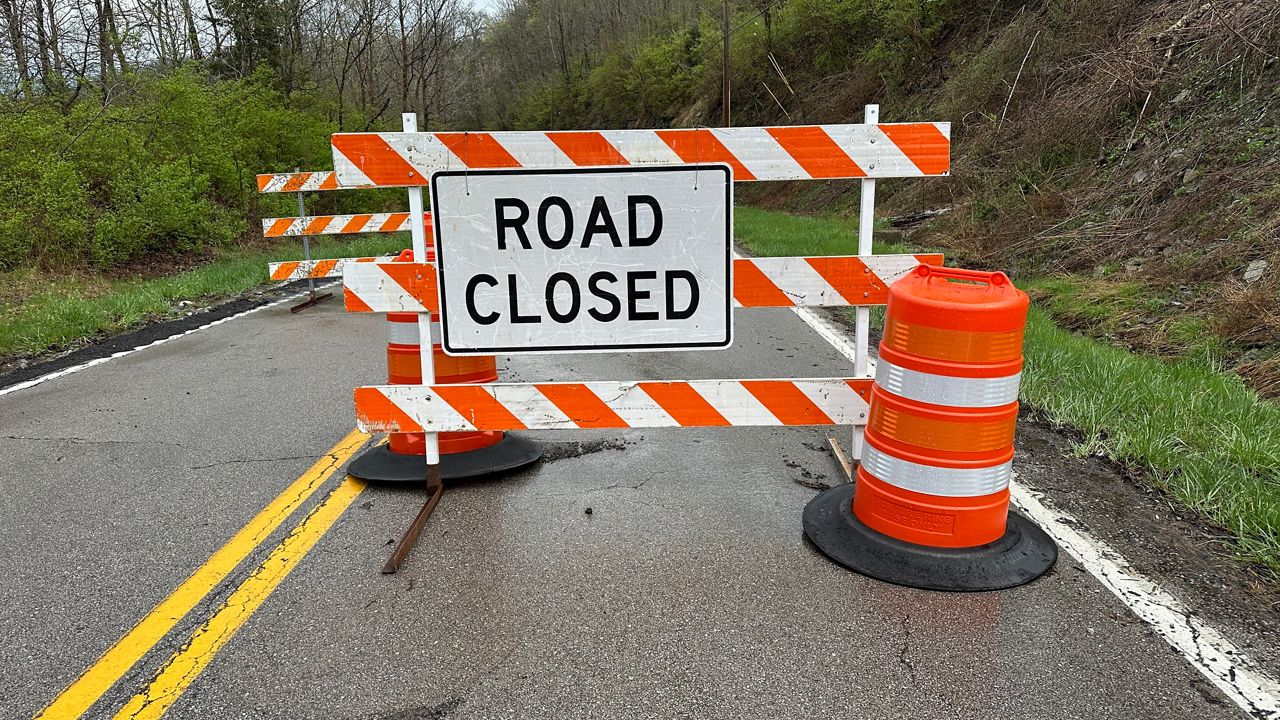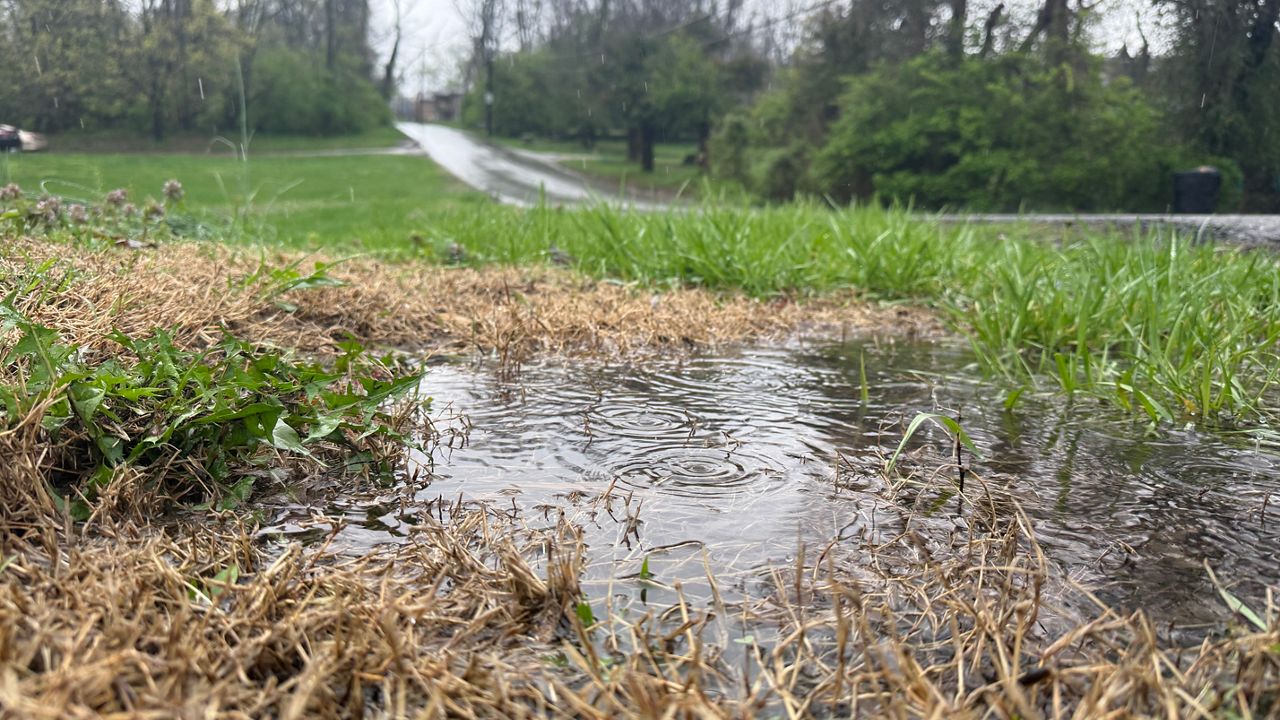FRANKFORT, Ky. — Frankfort Police Chief Dustin Bowman said he thinks of his own family as he works to support people suffering from substance use disorder.
“I’ve seen how it’s torn families apart, how children have been removed from home and unfortunately, I’ve seen how a brother-in-law — mine — passed away from his battle with addiction,” he said.
About once a week, an overdose response team meets at the police department to review recent reports of overdoses in the city.
The team — made up of representatives from the police and health departments, EMS and partner organizations — is part of the voluntary Wings of Hope program and attempts to meet with the patient or their family.
Last Friday, Shelley Hearn, a community policing advocate with the department, went over the two visits the team had planned.
“We’ve got two individuals that we’re going to be making visits to,” she said. “One was a documented heroin report and the other one was documented as a Percocet overdose.”
The team offers support, a packet of information on recovery resources and boxes of the overdose-reversing drug Narcan.
“What prompted us to make this team is … we were seeing that we were missing opportunities to offer help to people, so looking around at what other agencies around the country are starting to do is they’re taking their programs mobile,” Bowman said.
The program started this spring and has received positive feedback, he said.
“A lot of times, law enforcement’s looked as enforcers and they’re not there as the compassionate ones,” said Bowman. “We are offering this to kind of break those stigmas and break down those barriers that might be that person reaching out to an officer when they see them and going, ‘I’m in trouble and I need help.’ It also helps us break down kind of our mindset that people in addiction and people in recovery will always be this one specific category … All these individuals are husbands; they’re wives; they’re moms, dads, sisters, brothers.”
Even if they can only reach one person a week, it’s worth it, Bowman said.
The Wings of Hope program is modeled after the Angel Program, according to the department. That program allows community members with substance use disorder to come to police headquarters and get connected with treatment options without facing charges if they have substances or paraphernalia with them.










